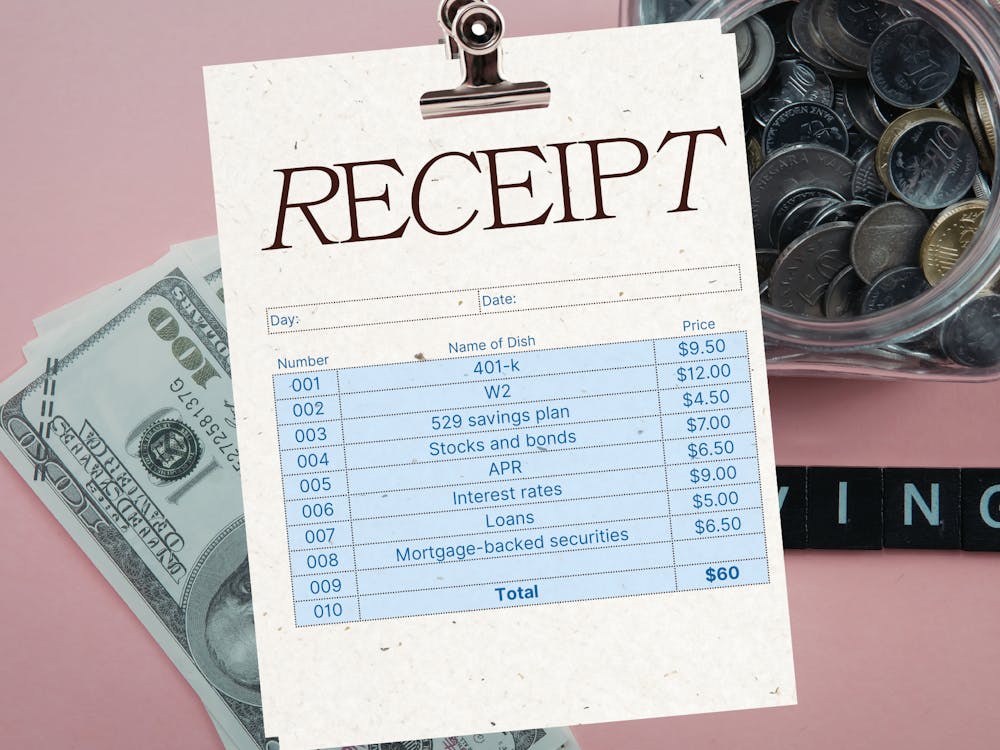Repeat after me: the media does not exist.
I sound like a crazy conspiracy theorist, but hear me out. This modern concept of “the media” isn’t real anymore. Maybe there was a time when our options to consume information were so limited that we could wrap them up in a nice neat phrase like “the media”, but those days have long passed.
“The media” is an umbrella term that consolidates an extremely large portion of our world and breaks it down into one perception.
And this is very important, so please listen carefully. We need to kill it. We need to nip it in the bud. We need to destroy it.
Our world is more complex today than it has ever been. And in a nation that has just been flipped on its side, largely due to fear and hatred, oversimplification is more dangerous now than ever. So let’s break down what we mean when we say “the media”.
You hear it every day at least five times. Whether it’s on Twitter, in class, in coffee shops, on the bus, people love talking about the all consuming, mysterious “media”. “The media is rigged.” “This election is the media’s fault.” “Don’t tell me that the media’s not a circus.”
Here’s a rule of thumb: If you can replace the word “media” in a sentence with “illuminati” and have it still make sense, maybe just don’t say it.
WHO is “the media” and why does everyone accept these blanket statements without asking for clarification? Because they’re catchy, they’re easy. It’s so easy to blame an abstract concept like “the media” for all of the world’s problems. I think journalists even take a little pride in the idea that at least the nation, on either side of a debate, can unite in their hatred for this common enemy.
But what do we mean when we say this? You could be talking about any of the following things when referring to the media: network television news broadcasts like CNN, Facebook, Twitter, print newspapers, the film industry, television, Netflix, local news stations, Snapchat, radio stations, podcasts, The Daily Show or Tomi Lahren.
So let’s get real for a second. When you say “the media is rigged” are you picturing all of the people behind these things getting into a dark backroom together and conspiring to tell you one version of what’s happening in the world? They could all meet in the mall of America and they still wouldn’t find a room that big.
Moving forward from this election, we need to accept that this country consists of a lot of broken parts. The news industry and the entertainment industry are no exception.
Our network television news broadcasts are more like entertainment than they are news. Online news is leaning more into click bait than ever before (if you haven’t already, see John Oliver’s video on journalism). And distrust in newspapers that have churned out articles debunking “the silent majority” and projecting a sweeping win for Clinton is entirely justified after the outcome of this election.
We’re broken. But blaming some abstract concept like “the media” for all the evils in the world isn’t helping anyone.
We need journalists now more than we ever have before. Local news and investigative reporting are becoming increasingly important and it’s going to take a lot of work to regain trust and bring transparency in a country that’s starting to look like The Simpson’s version of post-communist Russia.
But here’s a good way to do your part: support your local newspaper. Subscribe online. Keep a critical eye for bias, but understand that cynicism doesn’t breed progress. Roping every source into one heinous category leaves you with very few options.
If anything, avoid laziness. Using a term like “the media”, especially in some type of inflammatory rhetoric, is lazy. Specify what you mean. Otherwise, what’s the point? It’s like coming home from school with a black eye and when your mom asks who did it you say “The system, mom! The system!”
Let’s topple this concept of “the media” and say what we really mean. And if you can’t be more specific when you say something like “the media is a joke!”, maybe rethink saying it at all.








